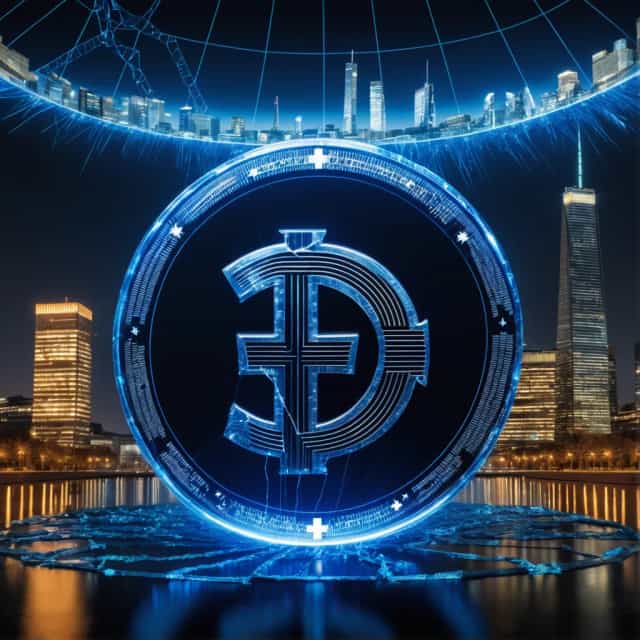Cardano CEO Says Blockchain Is Becoming Core to Corporate Accounting and Auditing
How are global companies adopting blockchain beyond cryptocurrency speculation?
What are the practical enterprise-level use cases of blockchain mentioned by the Cardano CEO?
How does blockchain enhance trust and transparency in corporate operations?

- "Quietly Increasing Blockchain Adoption Amid Regulatory Debate"
- "Providing Clear Truth Instead of Opaque Trust, Emphasizes Renowned Expert"
[Unblock Media] As cryptocurrency regulations continue, global enterprises are rapidly adopting blockchain technology. This adoption is not for speculative cryptocurrency purposes but for immutable truth, trustless systems, and automated record management. Fredrik Gregaard, CEO of the Cardano Foundation and a member of the Forbes Technology Council, argued in a recent Forbes article that the greatest value of blockchain is in its verifiability rather than volatility. He presented five enterprise-grade use cases transitioning quickly from pilot to practical use. [object Object]
"Trust is intangible. Blockchain provides the truth," Gregaard wrote.
Today, companies spend millions managing their reputation without being able to prove integrity. Blockchain offers an alternative with an immutable ledger that provides real-time transparency. An example from the Cardano Foundation’s Reeve simplifies financial reporting, fraud prevention, and auditing through on-chain AI-based analysis. Similar efforts include EY's OpsChain, which allows public agencies to track and verify public spending without compromising sensitive data.
Regulators are demanding more data and faster processing, from ESG disclosures to financial audits. Blockchain offers a compliance framework that reduces costs and risks through immutable records and real-time access. SAP's enterprise-grade blockchain module already assists pharmaceutical companies in meeting global regulations through decentralized audit logs.
According to IDC, knowledge workers spend up to 30% of their time searching for information. Lack of documentation and fragmented systems cause friction and costs. Blockchain acts as a single source of truth, enabling automation through smart contracts and instant traceability, eliminating duplicate data verification, and avoiding costly manual processes while shortening decision cycles.
Blockchain not only tracks data but also certifies it. In industries such as food, fashion, and luxury goods, these use cases are no longer unique. For example, the Cardano and Georgia Wine collaboration tracks grapes from farm to shelf, and LVMH’s Aura Consortium certifies luxury handbags, watches, and cosmetics. Global counterfeit goods account for 3.3% of trade, costing up to $4.5 trillion annually. Blockchain is one of the few scalable tools proven to reduce these risks.
As AI threats increase, traditional password-based systems are beginning to fail. Gregaard explains how blockchain supports this:
Biometric login systems linked to blockchain Self-sovereign identity (SSI) and decentralized credentials Network-level authentication without a centralized point of failure
Such changes are timely, especially as AI models become more autonomous and interconnected.
The article concludes with a bold prediction. The future of enterprise systems lies in the combination of autonomous AI (agents that make decisions on their own) and blockchain infrastructure. These autonomous agents will initiate transactions, negotiate smart contracts, and interact with other agents or systems. This can occur without continuous human input. Blockchain will function as the execution layer for AI’s safe and traceable rule-based actions.
Key summary: Blockchain adoption is accelerating not in major headlines but in accounting back offices, compliance departments, and supply chain dashboards. As Gregaard explains, "Blockchain is no longer a hype engine—it is a governance machine."
Get real-time crypto breaking news on Unblock Media Telegram! (Click)
Recommended News
Major Banks Tokenize Assets On-Chain to Modernize Finance

Blockchain Gaming's Evolution: "Call of Odin's Chosen" Brings On-Chain Transparency to GameFi

EU Eyes Sweeping Crypto Rules as IMF Flags Stablecoin Risks

Bolivia Integrates Crypto Amid 22% Inflation, Signals Market Shift

50% of Bitcoin’s Realized Cap Now Driven by New Whales






